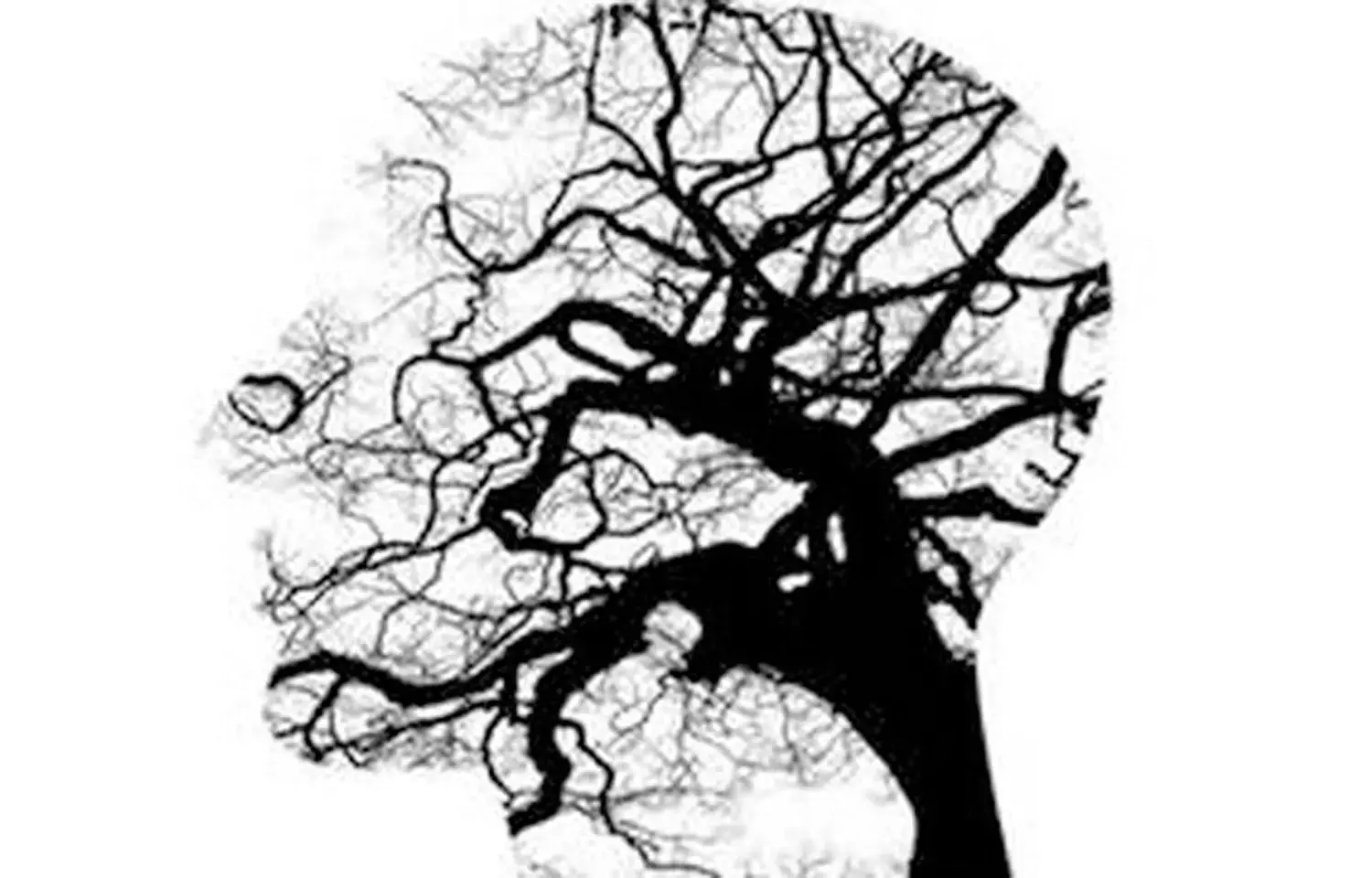- Home
- Medical news & Guidelines
- Anesthesiology
- Cardiology and CTVS
- Critical Care
- Dentistry
- Dermatology
- Diabetes and Endocrinology
- ENT
- Gastroenterology
- Medicine
- Nephrology
- Neurology
- Obstretics-Gynaecology
- Oncology
- Ophthalmology
- Orthopaedics
- Pediatrics-Neonatology
- Psychiatry
- Pulmonology
- Radiology
- Surgery
- Urology
- Laboratory Medicine
- Diet
- Nursing
- Paramedical
- Physiotherapy
- Health news
- Fact Check
- Bone Health Fact Check
- Brain Health Fact Check
- Cancer Related Fact Check
- Child Care Fact Check
- Dental and oral health fact check
- Diabetes and metabolic health fact check
- Diet and Nutrition Fact Check
- Eye and ENT Care Fact Check
- Fitness fact check
- Gut health fact check
- Heart health fact check
- Kidney health fact check
- Medical education fact check
- Men's health fact check
- Respiratory fact check
- Skin and hair care fact check
- Vaccine and Immunization fact check
- Women's health fact check
- AYUSH
- State News
- Andaman and Nicobar Islands
- Andhra Pradesh
- Arunachal Pradesh
- Assam
- Bihar
- Chandigarh
- Chattisgarh
- Dadra and Nagar Haveli
- Daman and Diu
- Delhi
- Goa
- Gujarat
- Haryana
- Himachal Pradesh
- Jammu & Kashmir
- Jharkhand
- Karnataka
- Kerala
- Ladakh
- Lakshadweep
- Madhya Pradesh
- Maharashtra
- Manipur
- Meghalaya
- Mizoram
- Nagaland
- Odisha
- Puducherry
- Punjab
- Rajasthan
- Sikkim
- Tamil Nadu
- Telangana
- Tripura
- Uttar Pradesh
- Uttrakhand
- West Bengal
- Medical Education
- Industry
Sublingual dexmedetomidine beneficial against severe agitation in bipolar disorders: JAMA

USA: A new study shows that an application of a sublingual film formulation of dexmedetomidine 120 g or 180 g, compared to placebo, resulted in a substantially higher decrease in the agitation score at 2 hours in patients with mild to severe agitation associated with bipolar disorder. The findings of this study were published in the Journal of American Medical Association.
Acute agitation is prevalent in bipolar disorder patients and needs immediate treatment to ease discomfort and prevent escalation to violent conduct. This study was carried out by Sheldon H. Preskorn and colleagues to assess the effect of orally absorbed, sublingual dexmedetomidine, a selective α2A-adrenergic receptor agonist, on symptoms of acute agitation in individuals with bipolar disorder.
This Phase 3 randomized, double-blind, placebo-controlled study was conducted at 15 sites across the United States, with enrolment taking place between February 24, 2020, and April 27, 2020, with the final follow-up taking place on May 21, 2020. A total of 380 persons with bipolar I or II illness were randomly assigned to the trial, with 362 completing it. Participants were randomly assigned to one of three groups: 180 g sublingual dexmedetomidine (n = 127), 120 g sublingual dexmedetomidine (n = 127), or placebo (n = 126). The primary effectiveness end goal was the mean difference from baseline in the Positive and Negative Syndrome Scale-Excited Component (PEC) total score at 2 hours. The secondary endpoint was the earliest period when the medication vs placebo caused a statistically significant change in PEC total score from baseline.
The key findings are as follow:
1. 378 (99.5%) of the 380 participants randomized self-administered the study drug and finished the trial.
2. The baseline agitation level was mild to moderate, with a mean PEC total score of 18.0.
3. The mean increases from baseline in PEC total score two hours after taking the medicine were 10.4 for sublingual dexmedetomidine 180μg, 9.0 for sublingual dexmedetomidine 120μg, and 4.9 for placebo.
4. At 2 hours, the least-square mean differences from placebo in the sublingual dexmedetomidine groups were 5.4 for 180μg and 4.1 for 120μg.
5. Patients in the sublingual dexmedetomidine groups experienced treatment effects 20 minutes after taking the medicine.
6. Adverse events occurred in 35.7% of patients who received 180μg of dexmedetomidine, 34.9% who received 120μg, and 17.5% who received placebo.
7. In the 180μg, 120μg, and placebo groups, the most prevalent adverse effects (5% each) were somnolence, dry mouth, hypotension, and dizziness.
In conclusion, more study is needed to determine the patient population for whom this treatment would be beneficial and practicable, as well as the clinical significance of the reported effect magnitude.
Reference:
Preskorn SH, Zeller S, Citrome L, et al. Effect of Sublingual Dexmedetomidine vs Placebo on Acute Agitation Associated With Bipolar Disorder: A Randomized Clinical Trial. JAMA. 2022;327(8):727–736. doi:10.1001/jama.2022.0799
Medical Dialogues consists of a team of passionate medical/scientific writers, led by doctors and healthcare researchers. Our team efforts to bring you updated and timely news about the important happenings of the medical and healthcare sector. Our editorial team can be reached at editorial@medicaldialogues.in.
Dr Kamal Kant Kohli-MBBS, DTCD- a chest specialist with more than 30 years of practice and a flair for writing clinical articles, Dr Kamal Kant Kohli joined Medical Dialogues as a Chief Editor of Medical News. Besides writing articles, as an editor, he proofreads and verifies all the medical content published on Medical Dialogues including those coming from journals, studies,medical conferences,guidelines etc. Email: drkohli@medicaldialogues.in. Contact no. 011-43720751


